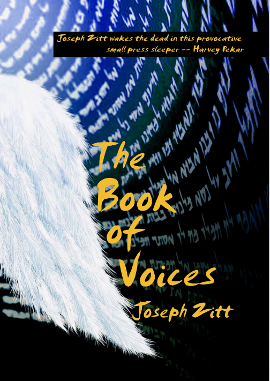Writing about the Shulammite was particularly challenging, since she only appears within the poetry of the Song of Songs.
I had already written about the Shulammite and her involvement in The Song of Songs a few weeks earlier in writing the tale of Solomon, so it made sense to write about another event in her life (though telling of the same event from her point of view could have also been interesting),
One of the few other bits of information that we have about her comes in the Biblical text referenced for this story: “I am black, but comely…” The one other Biblical character from that era said by legend to have been black was the Queen of Sheba. So it made sense to connect them. I did so in the story of Solomon (not knowing that I would be writing about the Shulammite again), noting that her mother was the sister of the Queen.
I was reminded of an incident that I had heard of a while ago, in which a young and usually well-behaved Israeli girl, startled at seeing Ethiopian immigrants for the first time, shouted out “Those people are all black!” I put that incident in the Shulammite’s own life.
Neither character has a proper name in the Biblical text. In Ethiopian and Islamic traditions, however, the Queen is named Makeda or Bilqis. If the Shulammite were her niece, she might have been named for her aunt, so I gave them the same name. I decided, however, to place her story several years before the events referenced in the Song of Songs.
The lack of naming, when I encountered it, quite late in the initial writing of The Book of Voices(where it was the 32nd story written), first pointed out to me that I had a bug in the process of selecting characters for the book. When the random number table pointed to a verse referring to her, I wasn’t sure if I should select her, since “the Shulammite” was a description, rather than a name. That was when I started to realize that a lot of interesting potential characters, particularly female characters, did not have names, and that my process would miss them.
The game that the Shulammite is playing as the frame of the story owes a clear debt to the bouncing ball game that children play in Samuel R. Delany’s Neveryóna, one of a series of his books that influenced The Book of Voices in other, more subtle ways.
In writing the gesture where the Queen lowers her eyes and glares at her niece (which I later learned was called “cutting your eyes”), I was thinking of a friend who does that quite effectively. She told me that when she read the first draft and got to the point where the young girl disobeyed her aunt, she had, herself, unconsciously looked at the page in just that way — and then was taken aback to read of the gesture that she herself had just made. It was a curious instance of a feedback loop of fact and fiction.
Questions
Have you ever felt yourself to be marked in some way that caused people around you to think that you were uniquely not like them? If so, did you feel that this wa an asset or a problem? How did it affect your life? If not, have you known other people whom you saw in this way? How did you react to them?


Recent Comments